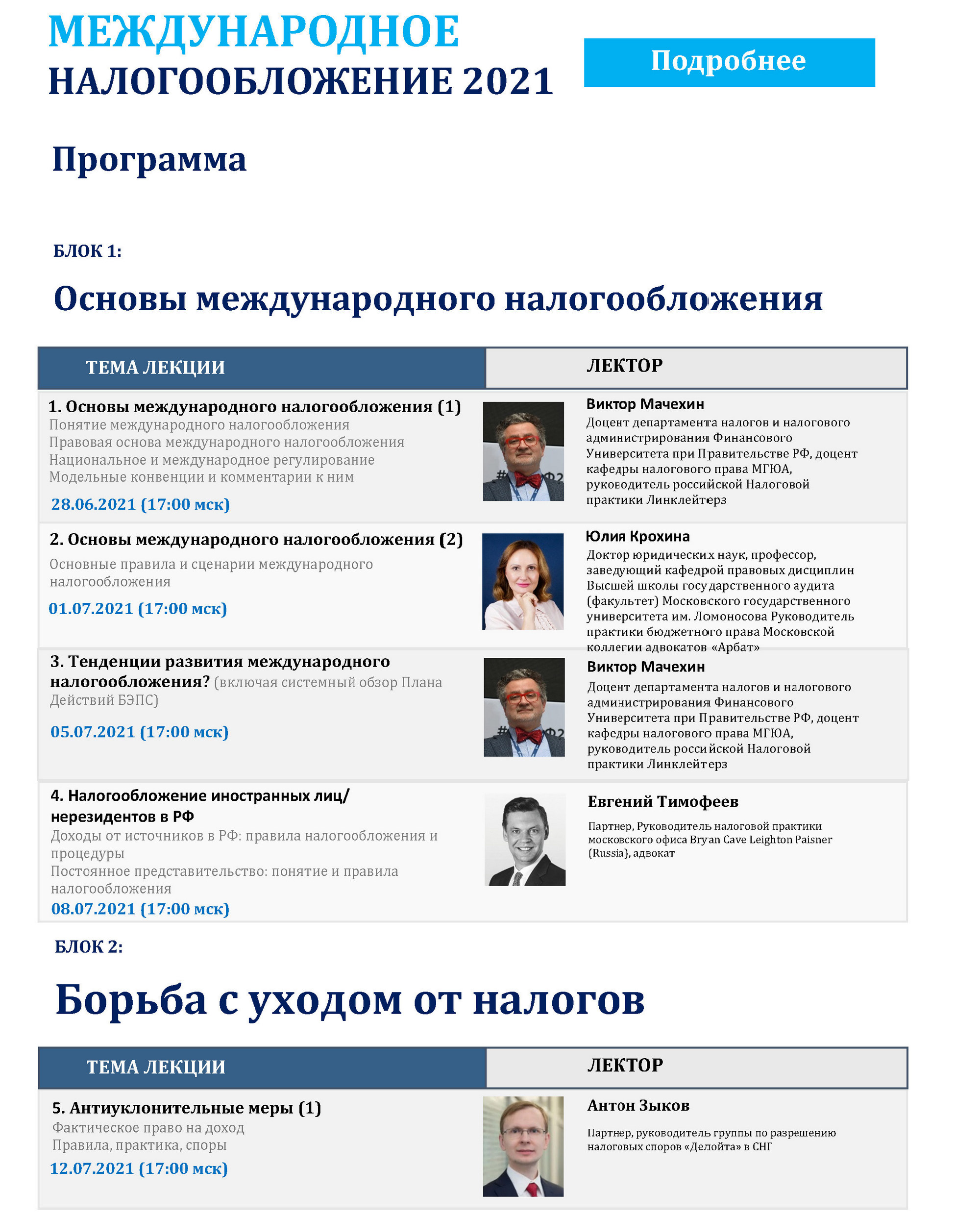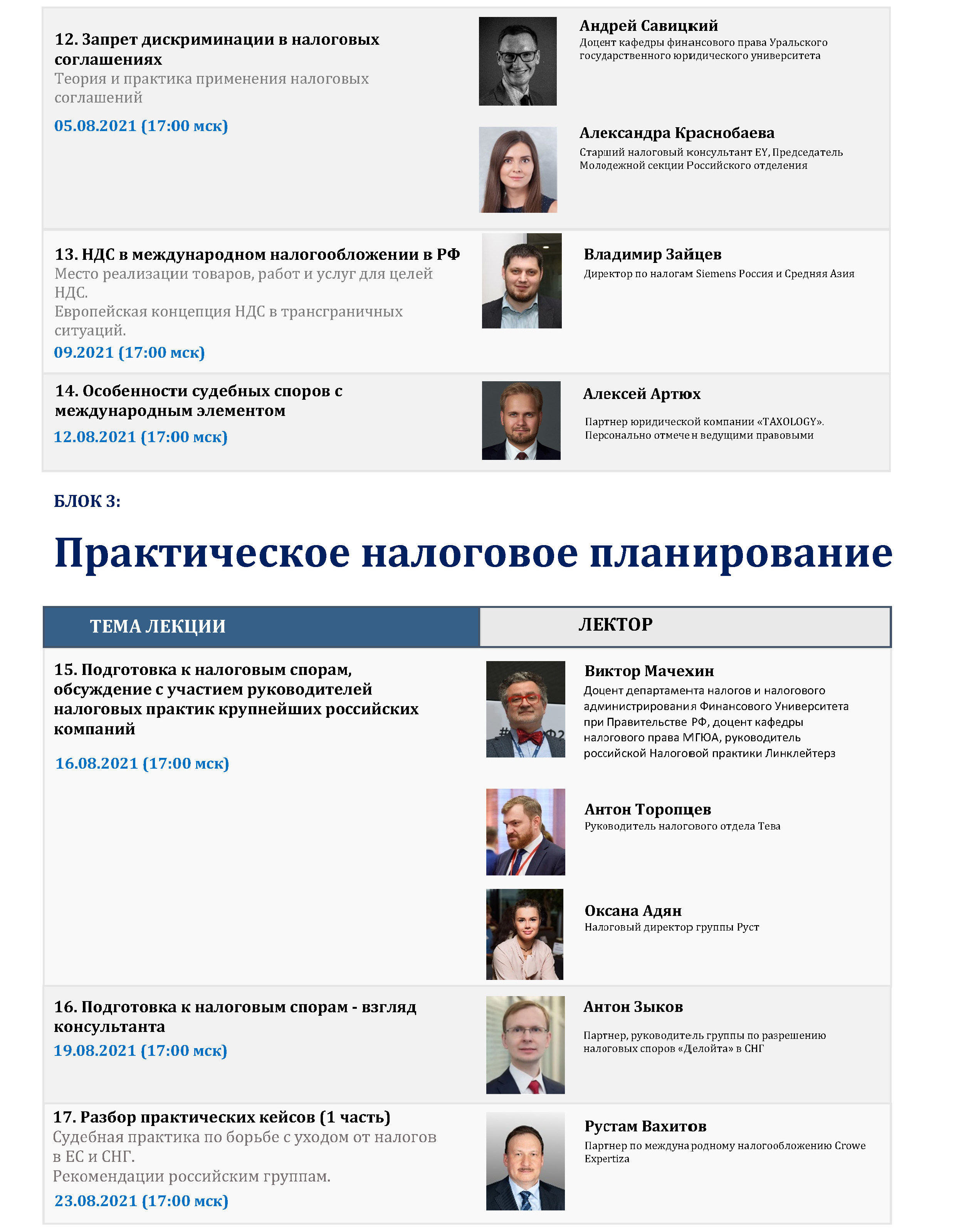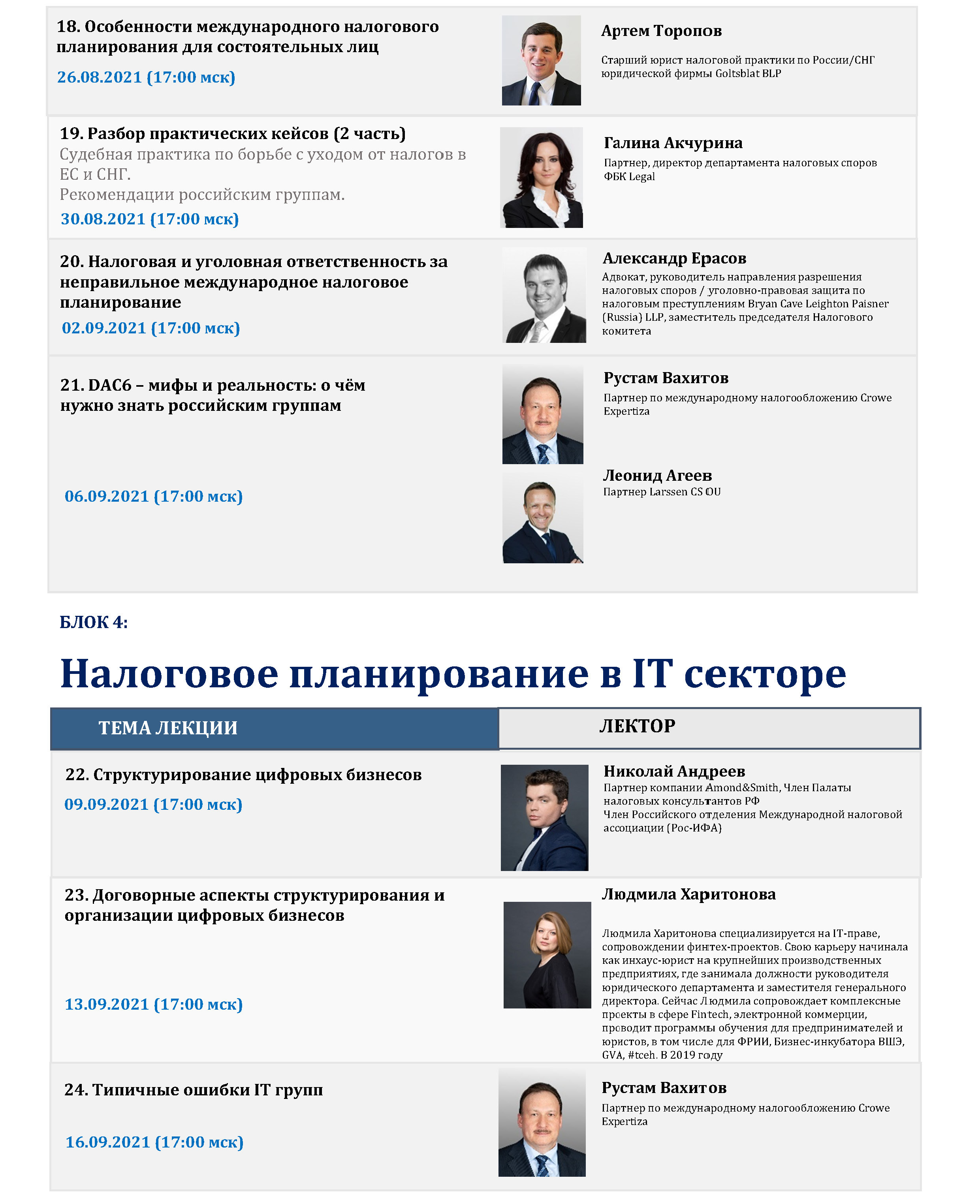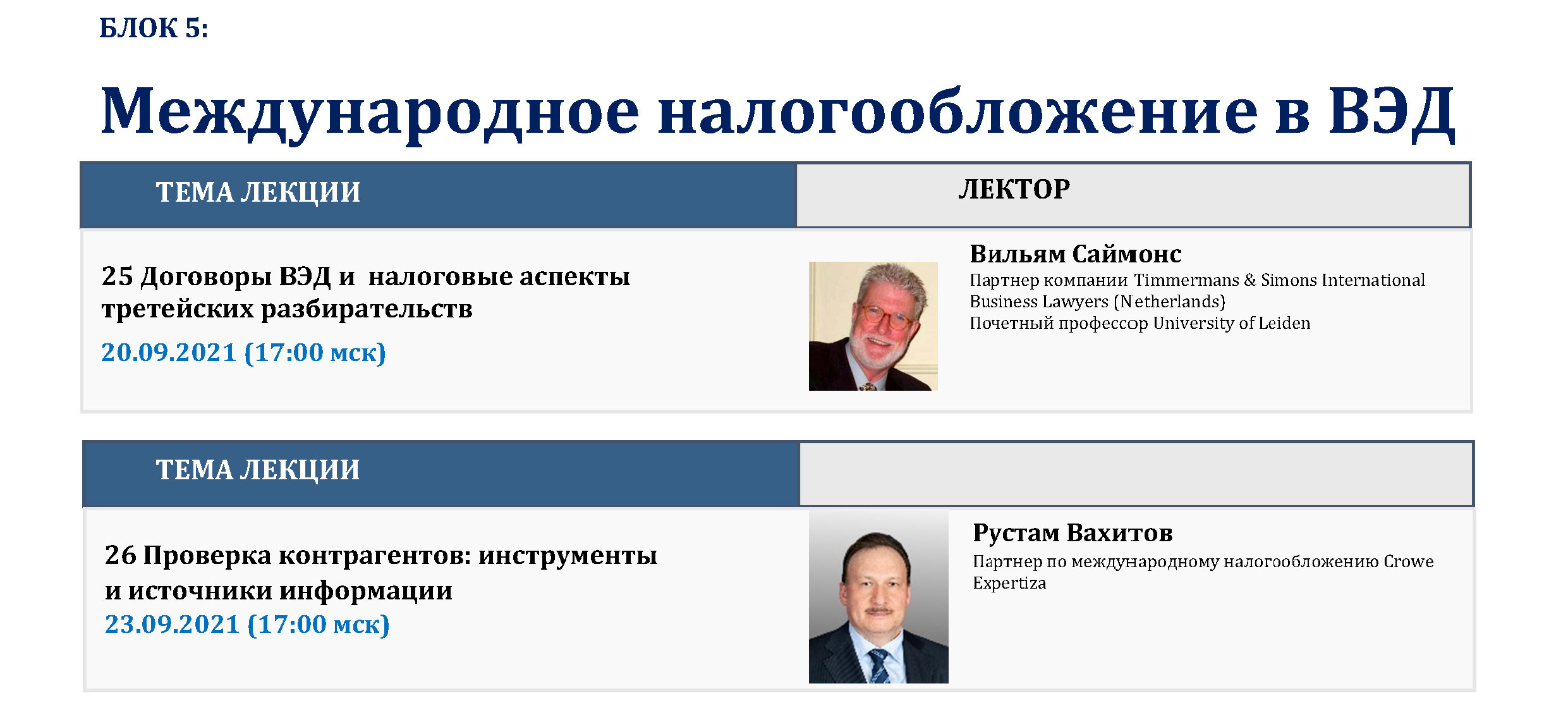
With the digitalisation of the service sector in Cyprus increasing, how have the Office’s priorities changed?
In general, we are working on three pillars: protecting consumers, enhancing competition, and enlarging the electronic communication market by increasing and promoting investment in this sector. It is clear that to have networks to support digitalisation, we need substantial investment. Speaking of digitalisation, the first thing that comes to my mind is the installation of fibre-optic cables throughout Cyprus and the implementation of 5G. When we are talking about investments in FTTH (Fiber to the Home), we are talking about the amount exceeding €120 million. It is a lot of money but there are a lot of associated benefits, such as much higher speeds, more reliability to the network, and new services.
You have mentioned the consumer protection as one of the OCECPR’s pillars. What does this include in your case?
We are responsible for the quality of services. If the provider doesn’t offer the expected quality or the consumer doesn’t feel they get what they pay for, then consumers have a right to ask us for help. The process is the following. If the consumer is not satisfied with the service provider, they should first try and find a solution with the provider directly. In most cases, the issue would be resolved at this stage. If not, however, then the consumer should collect all the data and file a complaint through our office. We will have to review the information and contact the service provider, so it might take some time until we make a decision. If we conclude that the complaint is valid, we will ask the provider to find a solution for the consumer’s issue. If it involves a violation of law, besides the solution the service provider will have to pay a fine. Also, there are cases which require the legislation to be changed to avoid similar complaints in the future.
How can one contact your Office?
It can be done in person, by email, or by fax. Our website is in Greek, but the complaint form is available in English. To download the form and file a complaint, on the website one should click the ‘Complaints’ button in the upper left-hand corner of the main menu. We are revising the whole website, so that eventually all the content is available in English as well.
In Cyprus, what is being done to ensure fair competition in the telecommunication field?
What we do here in Cyprus is not different from what is being done in other EU countries. We analyse the market to see if there is any provider that has significant market power, more than 50%. The analysis will show whether any regulations should be applied to this provider to allow for fair competition on the market. 15 years ago, back when there was only CyTA, no one could start a telecommunication business unless you regulated the provider, which is CyTA in this example. For instance, you enforce them to allow other parties to use their network. Building such a network costs a lot of money, so by regulation you order them to do that for a specific price.
What changes can we expect in the nearest future?
In terms of the market, we already have four providers in the landline and mobile segments, which is good for a small place like Cyprus. In terms of technology, I believe the real changes will come with 5G. One might compare the significance of this change with that of when smartphones appeared in our lives. No one could have imagined that it would be possible to access the Internet, pay your bills, order food, shop online, or make video calls through your smartphone.
There is another organisation working under your Office, the Digital Security Authority. Could you tell us about it?
The DSA is a new organisation under our Office. It was created in line with the EU directive and its main responsibility is to protect critical information infrastructures. For example, there are organisations like the Electricity Authority of Cyprus, whose cease of operations would cause major problems for citizens and/or the economy. The DSA ensures that these organisations have at least a minimum level of security.
Speaking of security, it is known that cyber-attacks have been on the rise. Are we in danger? What should the citizens do to protect themselves?
We have to understand that smartphones bring many benefits but also risks. As long as you are connected, you are in danger of getting attacked by a hacker. Citizens should always think twice before they open an email, or an attachment from an unknown sender, and it is a must to have secure passwords and an antivirus system installed.
Is there anything you would like to say to the Russian-speaking community in Cyprus?
We are here to offer our services to everyone who resides in this country. The Russian-speaking residents are most welcome to apply to our offices following the procedure described above. I would also like to encourage them to use technology, but do it safely.
Office of Electronic Communications & Postal Regulations
ocecpr.ee.cy
12 Iliopoleios Str., 1101 Nicosia
Tel. +357 22693000
Fax +357 22693070
Этот адрес электронной почты защищён от спам-ботов. У вас должен быть включен JavaScript для просмотра.
Опубликованы скандальные результаты расследования по «золотым» паспортам, выданным Кипром в рамках программы инвестиционного гражданства: больше половины бенефициаров получили свой паспорт незаконно.
Специальная следственная комиссия под председательством Мирона Николатоса поделила всех заявителей на две группы: тех, кто в принципе не имел права подавать на паспорт за инвестиции, и те, кто имел такое право. Последние, в свою очередь, включали тех, кто соблюдал все критерии программы целиком и полностью, и тех, кто подавал свои заявки с нарушениями.
Оценка всех дел
В 786-страничном докладе утверждается, что из 6 779 человек, получивших паспорт Кипра, 53,24%, то есть 3 609 человек, стали гражданами страны незаконно. Часть из них получила паспорт как члены семьи инвестора, остальные занимали должности в управляющих структурах компаний, которые инвестировали в кипрскую экономику как юридические лица (согласно закону, инвестиции должны исходить от частных лиц, а уплата налогов с доходов на Кипре не может считаться инвестицией). То есть их заявления на паспорт по определению шли вразрез с законодательством и эти лица не могли в принципе претендовать на паспорт. Тем не менее, гражданство им предоставляли – в порядке исключения.
Из оставшихся 3 170 случаев, для которых не были выявлены нарушения закона, комиссия рассмотрела 3 103 (дела остальных 67 человек были ранее переданы в полицию). Из них 33,58% инвесторов и членов их семей не удовлетворяли ни одному из формальных критериев предоставления гражданства.
280 дел были оценены как случаи высокого риска. Они охватили 597 человек (самих заявителей и членов их семей). Комиссия пришла к выводу, что 81 человек из них получил паспорт в обход закона, так как они работали на Кипре в управляющих структурах компаний. Что касается остальных 199 случаев, когда заявления оставались в рамках закона, из них 27,64% отвечали не всем критериям предоставления гражданства.
Что касается случаев низкого риска (2 904 человек), 66,01% из них удовлетворяли всем формальным требованиям на момент подачи заявления, в том числе 91,8% проходили по финансовым критериям, а 87,9% по критерию владения недвижимостью.
Результаты работы комиссии переданы в уголовный отдел Юридической службы Республики Кипр с тем, чтобы все случаи нарушения закона были как можно скорее расследованы полицией.
Общее число «золотых паспортов»
В докладе также приводится динамика развития программы. Так, за период президентства Тасоса Пападопулоса (с 1 января 2007 по 29 февраля 2008) гражданство получили пять заявителей; за время, когда во главе Кипра стоял Димитрис Христофиас (с 1 марта 2008 по 28 февраля 2013) – 228, а с 1 марта 2013 года по 17 августа 2020, то есть в годы президентства Никоса Анастасиадиса, – 6 546.
Лишение гражданства
Комиссия предлагает лишить гражданства:
- 29 человек по причине предоставления ложных или вводящих в заблуждение данных (ст. 113(2) закона о регистрации населения) и возможных уголовных преступлений (ст. 116 того же закона);
- 7 человек, признанными виновными по итогам судебного разбирательства в течение десяти лет после натурализации;
- 9 человек, которые разыскиваются на европейском или международном уровне;
- 3 человек, которые не соблюли условия подачи заявления на паспорт (комиссия не исключает, что по мере ведения расследований в этой категории появятся и новые лица);
- 29 человек по причине негативных публикаций или появления других данных, как того требует защита интересов Республики Кипр, но соблюдая при этом презумпцию невиновности;
В шести случаях, которые расследуются правоохранительными органами, предлагается взять лиц, получивших гражданство Кипра, на контроль.
Подразумевается, что в тех случаях, когда комиссия предлагает лишить кипрского гражданства то или иное лицо, паспорт будет отозван и у членов его семьи, если они не получали гражданство самостоятельно. Заключение комиссии Мирона Николатоса будет рассмотрено Генеральным прокурором, который должен изучить, насколько оправданно начало уголовного преследования в каждом случае.
Нарушения среди посредников и во властных кругах
Комиссия обратила внимание и на посреднические организации и банки, список которых приводится в главе 15 (названия компаний и имена посредников удалены из публикации). Центробанк, Налоговая служба и Отдел по борьбе с отмыванием денег должны обратить внимание на то, насколько посреднические организации и банки следовали процедуре обязательной комплексной юридической проверки и какой контроль они осуществляли, особенно в случаях высокого риска. Налоговая служба также должна проверить корректность декларирования посредническими организациями доходов от этих услуг.
Комиссия отмечает, что с 2013 года члены правительства и глава государства не соблюдали негласное правило информировать своих коллег о прямом или опосредованном интересе в предоставлении паспортов тем или иным инвесторам и не заявляли самоотвод в случаях, когда такой интерес существовал. Правительство также не получило корректного консультирования в вопросах законодательства Европейского союза и обязательствах Республики Кипр как члена ЕС. В результате эти обязательства были нарушены.
Что касается Министерства внутренних дел, то комиссия выявила существенные пробелы в процедуре проверки заявителей и в осуществлении иных обязательных процедур. В ведомстве не вели архив выданных паспортов, за что прямую ответственность несут генеральные директора министерства. Комиссия также указывает на вероятную ответственность некоторых министров внутренних дел за то, что они продвигали положительное решение о выдаче паспорта некоторым заявителям, которые не соответствовали тем или иным критериям натурализации. На этих же чиновниках лежит ответственность за неполное информирование Кабинета министров и сокрытие важной или негативной информации об инвесторах, что повлияло на решение правительства.
Министерство финансов, по мнению комиссии, не вело должной проверки источников средств, поступавших на Кипр в виде инвестиций. Контроль того, чтобы заявители удовлетворяли всем критериям, начался только в 2019 году.
Парламент, который в каждом случае утверждал предоставление гражданства в порядке исключения, также не проводил никаких проверок, насколько они были возможны в условиях действия принципа разделения властей.
Из 280 заявок, касающихся инвесторов высокого риска и членов их семей, 111 случаями занимались в общей сложности 17 посреднических организаций. Комиссия определила, что некоторые из посредников были связаны с политическими деятелями и пользовались этими связями, чтобы оказать давление на МВД, Минфин и Президентский дворец, благодаря чему такие случаи рассматривались быстрее, а на нарушения правил закрывали глаза.
Наконец, члены комиссии отметили, что если бы Генеральный аудитор приступил к проверке некоторых случаев предоставления гражданства еще в 2016 году, когда его офис впервые ознакомился с некоторыми нюансами программы, или хотя бы в тот момент, когда ему стали поступать жалобы на злоупотребления, тогда все слабые места программы стали бы ясны гораздо раньше и их можно было исправить, не доводя ситуацию до необходимости полностью отменять схему предоставления гражданства через инвестиции и избежав ущерба для репутации страны.
Правительство Кипра рассматривает возможность предоставления налоговых стимулов компаниям с целью повысить интерес к планируемой приватизации Кипрской фондовой биржи (CSE).
Об этом 23 июня заявил кипрский министр финансов Константинос Петридис в ходе встречи с представителями CSE во главе с председателем биржи Мариносом Христодулидисом. Правительство рассчитывает завершить процесс передачи CSE в частные руки к концу 2022 года. Чтобы запустить процесс как можно скорее, в ближайшие недели власти определят консалтинговую фирму, которая будет сопровождать приватизацию.
«Мы обсудили план развития CSE, который включает приватизацию и привлечение стратегического инвестора до конца 2022 года», – сказал Петридис, отметив, что привлечение инвестора будет «решающим для развития фондового рынка в качестве альтернативы и дополнительной формой финансирования как для экономики, так и для бизнеса».
Министр и председатель биржи призвали компании рассмотреть возможность обращения к фондовому рынку как к альтернативному источнику финансирования в условиях пандемии. По словам Петридиса, с регуляторной и надзорной точки зрения CSE сегодня не имеет ничего общего с ситуацией, приведшей к биржевому краху 1999 года.
«Есть все инструменты, есть ликвидность, и мы работаем с руководством CSE с тем, чтобы бизнесы могли обращаться к фондовому рынку как к альтернативному источнику финансирования. Мы работаем над этим вопросом по двум направлениям: предоставление стимулов и поиск стратегического инвестора», – заявил Петридис. Сейчас перед Минфином стоит задача изучить потенциальную возможность предоставить налоговые льготы для тех компаний, которые присоединятся к CSE.
В свою очередь, Христодулидис отметил, что на рынке сейчас нет недостатка ликвидности; скорее, недостаточно зарегистрированных компаний, в которые заинтересованные инвесторы могли бы вкладывать средства. Именно по этой причине, сказал он, CSE и обратилась к правительству о помощи в привлечении компаний на фондовый рынок, используя инструменты налогового регулирования.
CSE также запускает новый рынок для предприятий малого и среднего бизнеса. Министр поприветствовал эту инициативу, и, по словам Христодулидиса, регуляторные требования для этого сегмента будут менее строгими, чем для остальных участников, чтобы обеспечить рост рынка. В настоящее время заявку CSE о создании рынка предприятий МСБ рассматривает Кипрская комиссия по ценным бумагам и биржам (CySEC).
Разговоры о приватизации CSE идут уже не первый год. Начиная с 2013 года объемы торгов на бирже значительно сократились и так не смогли вернуться к докризисному уровню. Многие зарегистрированные компании вынуждены были уйти с биржи из-за ужесточения надзорных требований.
Правительство Республики Кипр официально представило на утверждение парламента несколько законопроектов, касающихся ежегодных сборов, выплачиваемых компаниями, и налоговых правил, регулирующих вопросы трансфертного ценообразования и внутригрупповых операций.
Регистрационный сбор
Одним из законопроектов предлагается предоставить компаниям отсрочку по оплате ежегодного взноса за регистрацию за 2021 год (€350), перенеся срок оплаты с 30 июня до 31 декабря. При этом министр энергетики, промышленности и торговли наделяется полномочиями дополнительно продлевать сроки оплаты путем издания соответствующего указа.
Согласно пояснению, эта отсрочка необходима для поддержки компаний, пострадавших от пандемии и ограничительных мер, введенных правительством республики в чрезвычайной ситуации. Однако это не первый раз, когда компаниям дается отсрочка на выплату сбора. В 2020 году ведомство также продлевало срок оплаты до конца декабря.
Действующими правилами предусматривается, что несвоевременная оплата сбора может привести к наложению штрафов и удалению компании из реестра, причем восстановление в реесте возможно только по решению суда. Размер штрафов составляет €35 за оплату до 31 августа и €140 за оплату после этой даты.
Ассоциация предпринимателей и оппозиционные партии периодически требуют у Налогового департамента вообще отменить регистрационный сбор, однако пока безуспешно. Каждый год за счет оплаты сбора в бюджет поступает около €45 млн.
Трансфертное ценообразование
Целью законопроекта о внутригрупповых операциях и трансграничном выставлении счетов является наложение штрафов в случаях несвоевременного предоставления или представления неточной/неполной сводной информационной таблицы или документации о внутригрупповых операциях, как это определено в законе «О налогообложении прибыли/доходов».
Целью второго законопроекта является принятие общих руководящих принципов Организации экономического сотрудничества и развития (ОЭСР) в области трансфертного ценообразования, которые были разработаны в рамках противодействия «Размыванию налогооблагаемой базы и перемещения прибыли».
В частности, поправки касаются:
- введения минимального порога в 25% от общего числа голосов или долей для определения понятия «аффилированные лица»;
- введения положения по ценообразованию при операциях между аффилированными лицами на основе директив ОЭСР, регулирующих ценообразование при внутригрупповых операциях для транснациональных компаний и налоговых органов;
- введения положения о предварительном внутригрупповом соглашении о ценообразовании;
- введения положения о выпуске нормативных актов, регулирующих выполнение правил ОЭСР в отношении выставления счетов-фактур по операциям между аффилированными лицами, а также процесса подачи заявок на предварительное одобрение методологии внутригруппового выставления счетов.
Кипр остаётся для российской экономики важным инвестором и экономическим партнером. На рынок приходят полноценные бизнес-структуры, интегрированные в экономическую жизнь российских производственных, финансовых и иных подразделений.
Но жизнь не стоит на месте и в части налоговой, судебной и административной практики. Изменение налогового соглашения с Россией, начало применения многосторонней конвенции БЕПС, новая судебная практика по ограничению налоговых льгот делает необходимой более глубокое изучение правил российского налогообложения для сотрудников кипрских компаний, консультантов и аудиторов.
Решению этих задач посвящен новый онлайн курс «Международное налогообложение DYI», который начнется 28 июня. На нём более 20 ведущих экспертов в области российского международного налогообложения, в том числе Виктор Мачехин (Линклейтерз), Евгений Тимофеев (Bryan Cave Leighton Paisner), Галина Акчурина (KPMG), Антон Торопцев (Teva) и многие другие, познакомят участников с полной картиной происходящего в российском международном налогообложении, дадут рекомендации и практические примеры решения сложных задач. Помимо этого, участники смогут выполнить с кураторами один из практических проектов, связанных с оценкой налоговых рисков, применением теста основной цели, налоговым структурированием IT-группы и оценкой рисков контракта ВЭД.
Более подробная презентация курса доступна в онлайн презентации, с самой программой можно ознакомиться ниже или скачать ее по ссылке.
Специальная скидка 10% подписчикам Вестника Кипра, промокод: VestnikKipra.
Рустам Вахитов, партнер по международному налогообложению «Кроу Экспертиза»





Представляем вашему вниманию подборку новостей бизнеса и экономики Кипра за прошедшие выходные.
Согласно ежеквартальному статистическому бюллетеню, выпущенному Комиссией по ценным бумагам и биржам Кипра CySEC, общий объем активов в доверительном управлении за первый квартал 2021 года по сравнению с четвертым кварталом 2020 года вырос на 14% и составил €9,8 млрд.
В частности, под надзором комиссии находится в общей сложности 284 компании по управлению коллективными инвестициями и организации коллективного инвестирования, 196 из которых осуществляют экономическую деятельность.
При этом отмечается, что 54% инвестиций на Кипре относятся к инвестициям в активы частных компаний, в то время как 14% – к инвестициям в недвижимость.
С 28 июня воздушное сообщение с Россией восстанавливается, сообщил в Twitter министр транспорта Республики Кипр Яннис Карусос. Это подтвердила со своей стороны и вице-премьер России Татьяна Голикова. Таким образом, Россия с 28 июня возобновит авиасообщение с восемью странами, в том числе с Кипром: по маршрутам Москва – Ларнака и Москва – Пафос.
***
В мае 2021 года на Кипре зафиксирован новый исторический рекорд цен на строительные материалы. Индекс цен по сравнению с предыдущим месяцем вырос на 2,18%, а по сравнению с аналогичным периодом прошлого года – на 7,71%, достигнув 108,62 пункта (база 2015 года = 100). Соответствующие данные приводит Статистическая служба Кипра CyStat.
Цены на стройматериалы растут уже пятый месяц подряд. В мае наибольший рост цен был отмечен на материалы из металла (17,22%), древесины, а также изоляционные и пластмассовые (6,08%).
***
Кипр представил на утверждение Еврокомиссии Национальный план восстановления и устойчивости (ESAA).
Ожидается, что окончательное решение будет объявлено в июле, а денежные средства из европейских фондов начнут поступать после соответствующих голосований в парламенте.
Президент Республики подчеркнул, что для реализации проекта Кипр использует: €1,2 млрд, выделенных в рамках финансирования европейского Фонда восстановления и устойчивости; €1,8 млрд, выделенных Фондом сплочения; и €1,4 млрд, которые согласно данным исследования Университета Кипра, будут привлечены за счет частных компаний.
При этом, из €1,2 млрд €1,05 млрд будут выделены Еврокомиссией, в то время как €200 млн будут предоставлены Кипру в качестве займа под низкий процент.
***
Налоговая Служба Кипра дает разъяснения по пяти пунктам налогообложения доходов арендодателя по договорам аренды недвижимости, зарегистрированных в Земельном кадастре. В частности, отмечается, что арендная плата и доход, полученный от сдачи в аренду недвижимости, впервые зарегистрированной в Земельном кадастре, облагаются налогом на доходы и специальным сбором на оборону плюс с них рассчитываются взносы на здравоохранение.
Мы уже неоднократно писали о том, что может ждать туристическую сферу Республики Кипр в этом достаточно сложном году. Как и ожидалось, в условиях продолжающейся пандемии прогнозы строить очень сложно, ведь туристическая отрасль зависит не только от решений, принимаемых кипрским правительством, но и действий зарубежных властей. В какую зону поместят республику наиболее крупные «поставщики» туристов? Когда поменяется категория зоны? Какие меры будут применяться по отношению к туристам, отдыхающим на Кипре, по прилете в свою страну? Ответы на эти и другие вопросы ставят всех потенциальных туристов в достаточно сложное положение и заставляют их отказываться от путевок в пользу внутреннего туризма.
Но давайте посмотрим на нынешнюю ситуацию с туризмом на Кипре.
Крупнейший поставщик туристов на Кипр Великобритания закрыта по крайней мере до 19 июля. Но и после этой даты вряд ли британское правительство поместит республику в зеленую зону. Скорее всего Кипр попадет в оранжевую категорию, что для простого туриста означает 14-дневный карантин по возвращении на родину. Конечно же, большинство британцев не согласятся после отпуска тратить еще две недели на карантин. Поэтому, по предположениям, по крайней мере до августа не стоит ждать потока британских туристов. Кроме того, не стоит сбрасывать со счетов и экономическую составляющую под прикрытием пандемии – брексит.
Достаточно низкие показатели активности показывают туристические потоки из Израиля и Германии, скандинавских стран. Даже с учетом открытия границ количество туристов так и не достигло ожидаемых показателей.
Россия
В таких условиях Кипр делает ставку на второй крупнейший рынок – Россию. Ведь по итогам 2019 года почти 782 тыс. россиян отдохнули на Кипре. Да и в этом году российские туристы стали первыми, открыв сезон еще в апреле. По статистическим данным республики, тогда россияне обеспечили более 41% всех приехавших на Кипр туристов: остров принял почти 16 тыс. туристов из России.
Но проблемой является то, что все российские туристы были доставлены на остров грузопассажирскими рейсами, а это не соответствует существующим правилам. Для доставки туристов должны быть открыты чартерные либо линейные пассажирские рейсы. Запрет на перевозку туристов грузопассажирскими рейсами вызвал достаточно сильное потрясение на и так нестабильном туристическом рынке Кипра. Кипр рисковал остаться вообще без российских туристов, а значит, и без пополнения национальной казны. Поэтому Подминистерство туризма незамедлительно начало переговоры с соответствующими службами в России, причем глава ведомства Саввас Пердиос сам посетил Москву для скорейшего решения в том числе и данной проблемы. В ближайшее время российское правительство должно дать ответ по поводу количества пассажирских рейсов, которые будут осуществлять доставку российских туристов на Кипр, с учетом эпидемиологической ситуации в республике.
При этом отметим, что российские туристы, прибывшие на остров, пользовались услугами в основном двух крупнейших туроператоров, в то время как другие, более мелкие туроператоры практически бездействуют.
Для самих же российских туристов Кипр в этом году до сих был ключевым туристическим направлением, ведь Турция была закрыта, а ситуация с Египтом нестабильная. Наряду с Грецией, Мальдивами и ОАЭ Кипр вошел в число лидирующих выездных направлений. Ведь на Кипре есть все, что привлекает россиян: лазурное побережье Средиземного моря, чистые морские пляжи, высокий уровень сервиса, живописные пейзажи, наличие культурно-исторических памятников и многое-многое другое.
Тем не менее, по причине нестабильной эпидемиологической ситуации как на Кипре, так и в России, отмечается тенденция к отмене уже забронированных путевок и переносе даты на более поздний срок. Это не может не волновать как работников гостинично-ресторанного бизнеса страны, так и власти. Ведь именно благодаря туристам из России в апреле-мае на Кипре возобновилась работа отелей и ресторанов.
Чтобы удержать российского туриста на своем рынке Кипр также разрешил свободный въезд тем, кто привился российской вакциной «Спутник»: при предъявлении паспорта вакцинации туристу не нужно сдавать ПЦР-тест и самоизолироваться.
Однако 18 июня Федеральный оперативный штаб по борьбе с коронавирусной инфекцией в России принял решение о возобновлении полномасштабного авиасообщения с рядом стран, включая Турцию (с 22 июня), а также Кипром, Иорданией, Италией и пр. (с 28 июня). Это значит, что теперь у россиян появилось больше возможностей для выбора. Что ж, посмотрим на результат и будем надеяться, что туристический сектор в этом году все-таки сможет хотя бы удержать те тенденции, которые наметились в апреле-мае.
Ярослава Дубенюк-Панайотопулу
Представляем вашему вниманию новости кипрского бизнеса и финансов за прошедшую неделю.
Проработав на посту министра юстиции около года, Эмили Йолити 17 июня подала в отставку. Президент Никос Анастасиадис принял отставку министра. Временным главой Минюста станет министр обороны Хараламбос Петридис.
Подробнее читайте здесь.
***
Инфляция на Кипре в мае 2021 года составила 1,5% против 1,2% в апреле и -1,4% годом ранее. Такие данные были опубликованы Европейской службой статистики Eurostat.
Годовая инфляция в странах еврозоны составила 2,0% в мае 2021 года против 1,6% в апреле, тогда как годом ранее показатель составлял 0,1%. Для стран Евросоюза эти показатели достигали соответственно 2,3%, 2,0% и 0,6%.
При этом самый низкий годовой уровень инфляции был зафиксирован в Греции (-1,2%), а самые высокие – в Венгрии (5,3%).
***
Bank of Cyprus объявил о выпуске среднесрочных евронот на сумму €300 млн для размещения на Люксембургской фондовой биржи. Облигации были выпущены по номинальной стоимости с купонной ставкой 2,5% годовых. Купонные выплаты будут ежегодными и будут пересмотрены 24 июня 2026 года. Срок погашения наступает 24 июня 2027 года с правом досрочного погашения облигаций 24 июня 2026 года, при соблюдении определенных условий.
***
Кабинет министров Кипра утвердил второй дополнительный бюджет на 2021 год, который предусматривает расходы на общую сумму €148 524 438. Он направлен на покрытие следующих дополнительных потребностей:
€20 млн: специальные программы поддержки компаний и населения;
€10 млн: план поддержки малообеспеченных пенсионеров;
€19 млн: пособия для соискателей убежища;
€10 млн: закупка лекарственных средств;
€45 млн: нужды обороны;
€11 млн: оборудование для гражданской авиации;
€5 млн: субсидии животноводству.
Дополнительный бюджет также включает расходы на создание Подминистерства социального обеспечения. Проект бюджета будет представлен в парламент для срочного голосования.
***
По данным Европейской службы статистики Eurostat экспорт с Кипра за период с января по апрель 2021 года сократился на 22% в годовом выражении до €0,8 млн (€0,3 млрд экспорт в страны Евросоюза (-2%) и €0,5 млрд в третьи страны (-29%)).
В то же время импорт увеличился на 5% до €2,6 млрд (€1,6 млрд из стран Евросоюза (+17%) и €1,0 млрд из третьих стран (-10%)).
Таким образом на Кипре зафиксирован дефицит торгового баланса в размере €1,8 млрд за период с января по апрель 2021 года против €1,5 млрд за аналогичный период прошлого года.
***
В мае 2021 года число туристов посетивших Кипр по сравнению с апрелем увеличилось на 163% и составило 100 852 чел.
По данным Статистической службы Кипра число посещающих остров туристов растет уже четвертый месяц подряд, но темпы роста невысоки, поскольку ситуация с основными туристическими рынками страны – Россией и Великобританией – остается непонятной.
Всего за период с января по май 2021 года на остров прибыло 156 825 туристов, на 36,4% меньше, чем в том же периоде прошлого года, и на 86% – чем в 2019-м.
Примечательно, что хотя чартерное сообщение между Россией и Кипром приостановлено, больше половины туристов, посетивших остров в мае 2021 года (56,8%), прибыли из России.
За последний год Кипр стал менее привлекательным для бизнеса направлением, потеряв несколько позиций в глобальном рейтинге конкурентоспособности.
Согласно новому всемирному рейтингу – 2021, опубликованному Всемирным центром конкурентоспособности IMD, ведущие позиции в мире занимают страны Западной Европы: Швейцария впервые за 33-летнюю историю рейтинга заняла первое место, за ней следуют Швеция, Дания и Нидерланды.
В свою очередь, Кипр за 2020 год опустился на три позиции по сравнению с предыдущим результатом и занял 33 место.
Согласно заявлению Центра экономических исследований университета Кипра, который занимался сбором данных для IMD, показатели страны ухудшились по трем из четырех направлений, которые учитываются при составлении рейтинга. Снижение было зафиксировано в категориях эффективности ведения бизнеса, капитальных вложений и состояния государственного бюджета, а без изменений остался только критерий экономической эффективности.
Эксперты выделяют три основных фактора, которые обусловили ухудшение рейтинга. В первую очередь это снижение эффективности государственного аппарата ввиду дополнительной нагрузки на государственные финансы, вызванной пандемией коронавируса, а также слабость институциональной базы в целом.
Второй фактор связан со значительным снижением рентабельности бизнеса, в основном из-за меняющейся рыночной ситуации, технологических вызовов и сравнительно большого корпоративного долга.
Кроме того, конкурентоспособность республики страдает от недостаточно развитой инфраструктуры, в частности, ее технологической и научно-исследовательской частей.
С точки зрения положительных перемен, были отмечены значительные улучшения в работе экономики в целом, в том числе низкий уровень инфляции, укрепление роста занятости в долгосрочной перспективе, а также повышение индекса оценки университетского образования.
Центр экономических исследований отмечает, что укрепить и повысить конкурентоспособность кипрского бизнеса помогут реформирование институциональной базы и активная цифровизация экономики.
Министерство финансов Кипра начинает интенсивное обсуждение разработки современной налоговой базы в соответствии с новой экономической моделью, которая легла в основу Национального плана восстановления и устойчивости.
Ожидается, что налоговая реформа, среди прочего, будет предусматривать введение компенсационных налоговых мер для компаний и населения в связи с увеличением взносов на социальную защиту, здравоохранение и реализацию экологических инициатив.
Согласно информации StockWatch, Минфин уже подготовил соответствующие документы и в начале июня разослал их различным организациям и профсоюзам.
Подчеркивается необходимость пересмотра существующей налоговой модели не только на фоне общих изменений на международном рынке, но и в связи с эволюцией налогообложения в таких сферах, как транснациональные компании, «зеленая» экономика и окружающая среда, борьба с агрессивным налоговым планированием, технологии и цифровое налогообложение.
Предложения различных заинтересованных сторон включают также:
- повышение уровня необлагаемого налогом дохода, который на сегодня составляет €19 500;
- восстановление максимальной ставки налога в размере 30%, действовавшей до 2010 года: сегодня для дохода свыше €60 000 ставка составляет 35%;
- снижение специального сбора на оборону на доходы с депозитов до 15%;
- продление срока действия льготного налогообложения для руководителей международных компаний и предоставления скидки в размере 20%;
- снижение взноса работодателя в резервный фонд с 1,2% до 0,6%;
- отмену ежегодной регистрационной платы для компаний в размере €350 и т. д.
Отмечается, что подготовка проекта налоговой реформы началась задолго до последних инициатив стран «большой семерки» относительно корпоративного налогообложения. Последняя налоговая реформа была проведена в 2002 году, и, по мнению Минфина, существующая законодательно-нормативная база уже не отвечает сегодняшним реалиям.